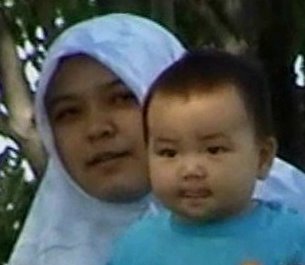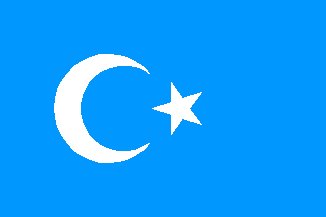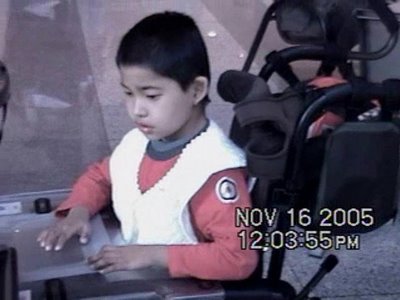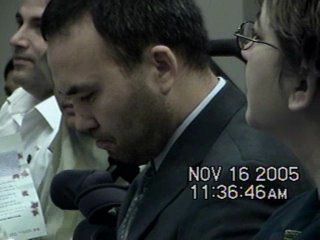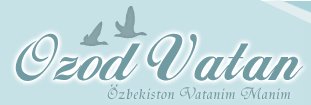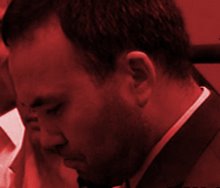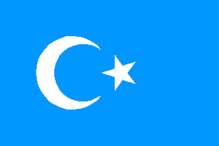VANCOUVER — Lu Decheng, who spent nine years in a Chinese jail for splotching the famous portrait of Chairman Mao in Tiananmen Square, is safe and sound in Canada after Canadian authorities secured his release from a Thai detention centre.
The 43-year-old former bus driver, smiling broadly, was greeted upon his arrival at Vancouver International Airport yesterday by a relieved group of pro-democracy activists who had been at the forefront of efforts to bring him to Canada.
Speaking through an interpreter, Mr. Lu said he was exhilarated to be in a country "with a civil society where I can breathe the air of freedom. I am very grateful."
Activists credited behind-the-scenes diplomacy by the federal Conservative government for winning Mr. Lu's freedom, after Thai officials, acting on pressure from China, kept him locked up despite the fact that he had a valid immigrant's visa to Canada.
"The government got involved and that was probably the reason he was released in such a short time," said Cheuk Kwan, chair of the Toronto Association for Democracy in China.
"It's a refreshing change [from the Liberals] to have a government putting emphasis on human rights over pure trade and business. They did a good job."
Mr. Lu was one of three boyhood friends who travelled from Hunan province to the mass student demonstrations in Tiananmen Square in 1989.
The trio decided to make their own protest by hurling egg shells filled with coloured dye at Chairman Mao's huge portrait. But students quickly corralled the three young men and turned them over to police.
All were treated far more severely than any of the student protesters, receiving prison sentences from 16 years to life for "counter-revolutionary" activities.
Yu Dongyue, the last of the three to be released, was not freed until Feb. 22 this year. Family members have said he is now like a child, driven mad by years of solitary confinement and beatings.
Although he was paroled in 1998, Mr. Lu said Chinese authorities continued to hound him, making it impossible for him to earn a living.
He slipped out of China in late 2004, he explained yesterday, seeking to escape Chinese harassment and to publicize the prison plight of Mr. Yu.
"One of us had to get out and tell the world how the Communist regime treated us in prison," Mr. Lu said.
But when Chinese authorities learned that Canada had granted Mr. Lu refugee status earlier this year, they put pressure on Thailand to keep him in custody while seeking his return to China.
"China . . . does not have any so-called 'political refugees,' " a statement by the Chinese Foreign Ministry declared. "Lu Decheng left China in violation of Chinese laws."
Mr. Lu already had a March 14 plane ticket to Vancouver when the Chinese intervened and the date passed.
Now, he is free, on his way to Calgary to finally begin his new life in Canada.
The case was considered an early test of the Conservatives' pre-election pledge to place a greater emphasis on human rights in China than past Liberal governments have done.
Kim Girtel, a spokeswoman for the Department of Foreign Affairs, shed few details on how Mr. Lu's release was arranged.
"We did see reports alleging that Mr. Lu was having difficulty exiting Thailand, and we communicated our concern to Thai authorities," she said, declining further comment.
Citing weariness from 22 hours of travel, Mr. Lu declined to go into a lot of detail about his youthful, anti-Maoist escapade. "It's a very long story, and my mind is kind of muddy right now."
But at one point, he smiled at the recollection of putting the oil-based dye into the egg shells.
"The worst thing was that it was not the Chinese police who caught us. It was the students who took us to the police," Mr. Lu said. "Of course, it was a very regretful incident."




